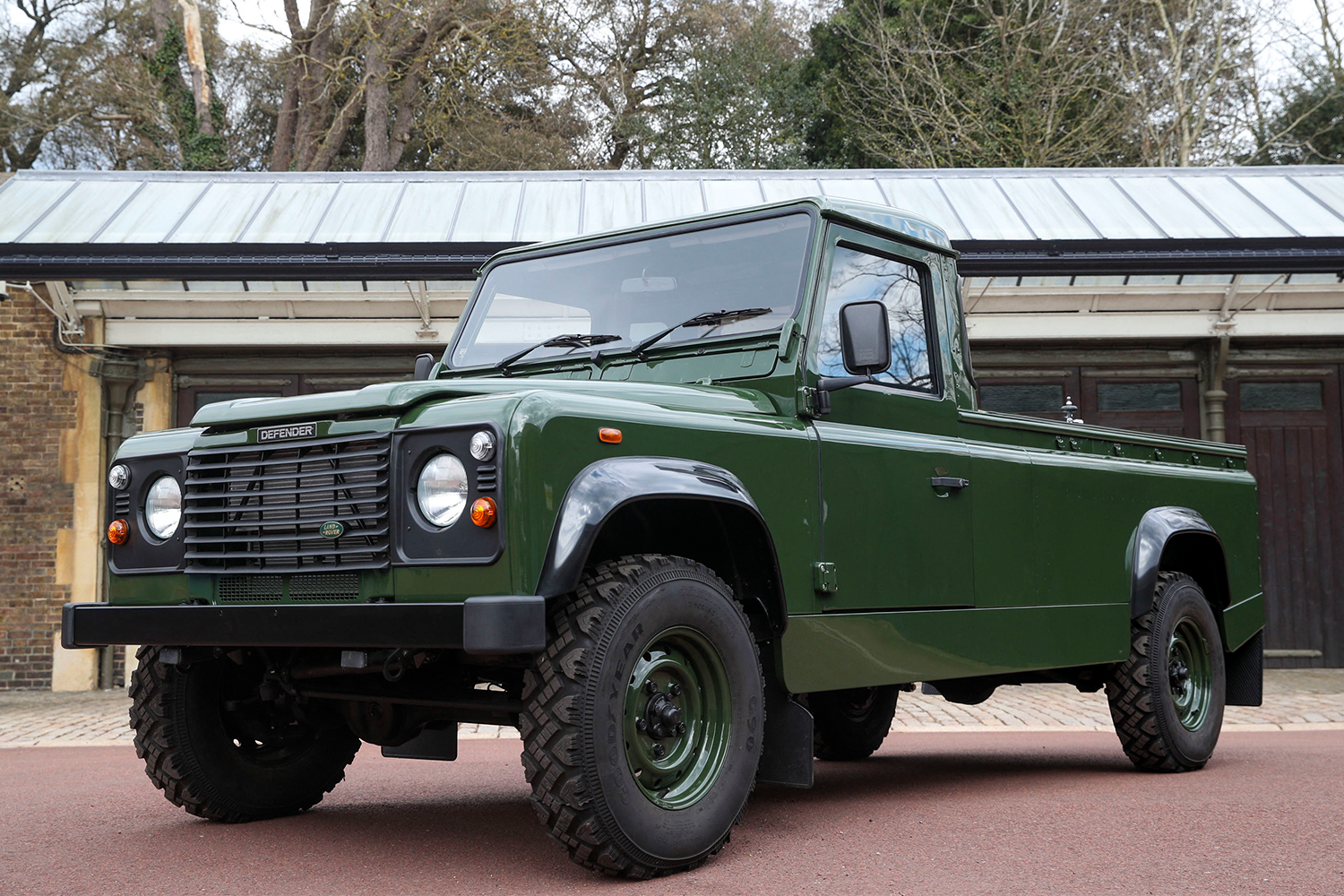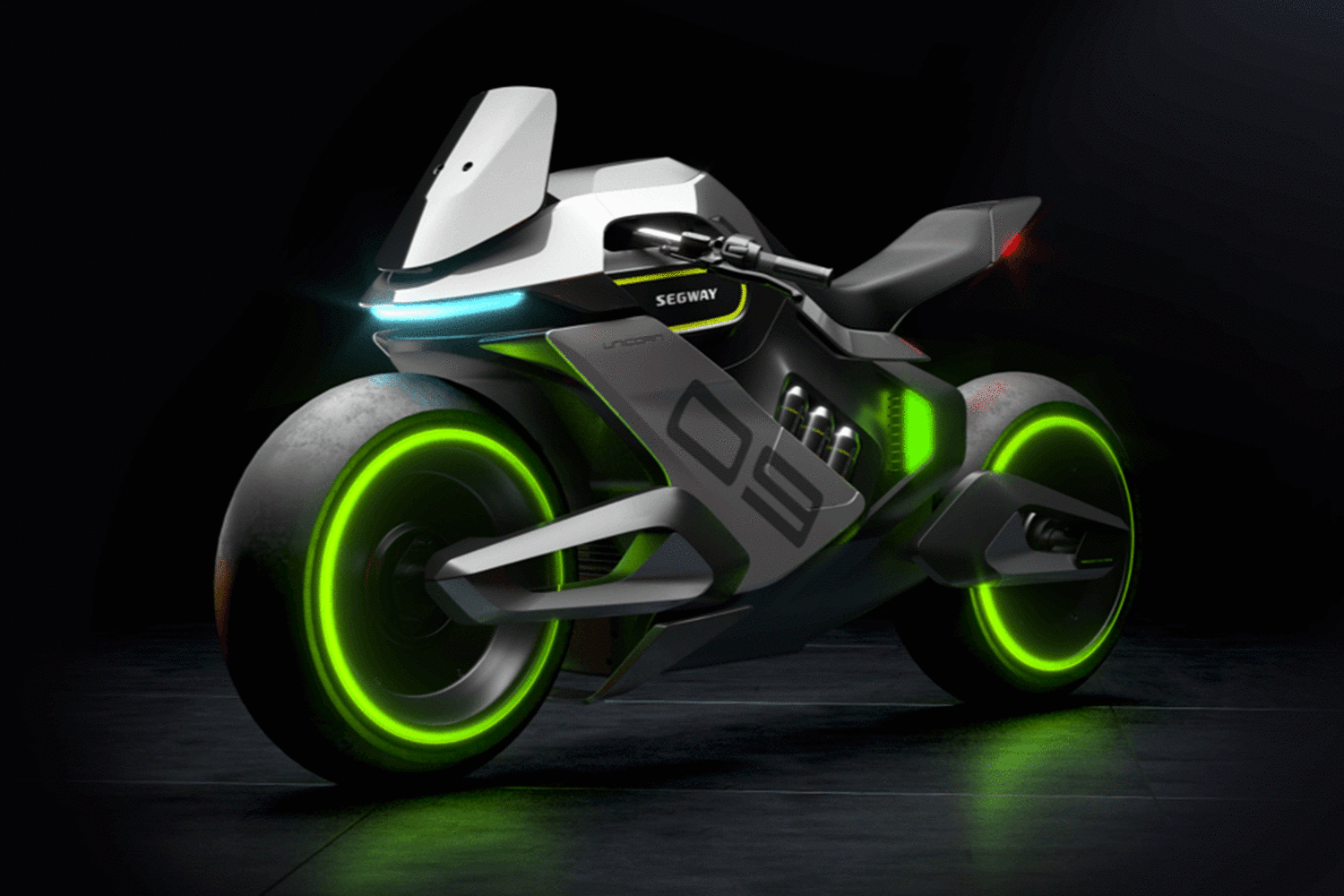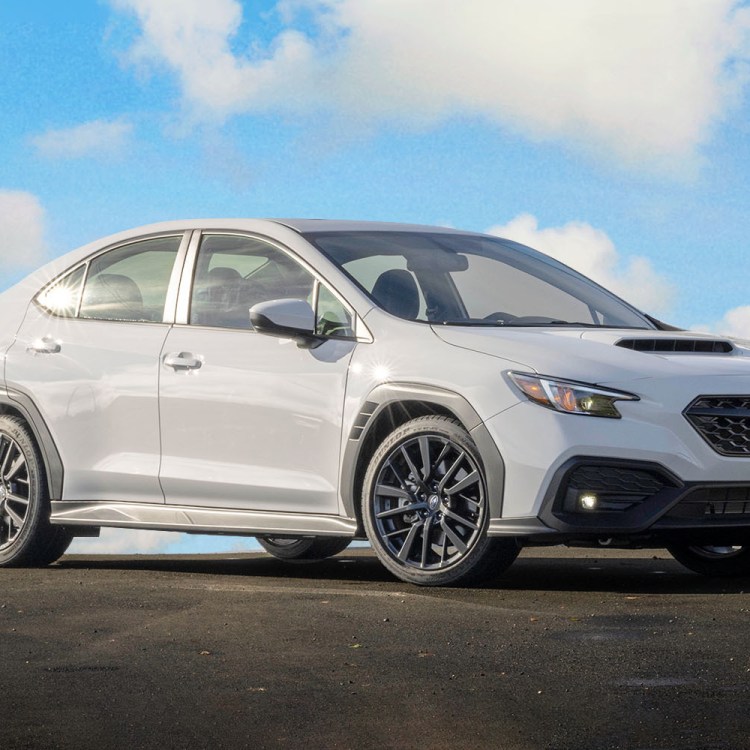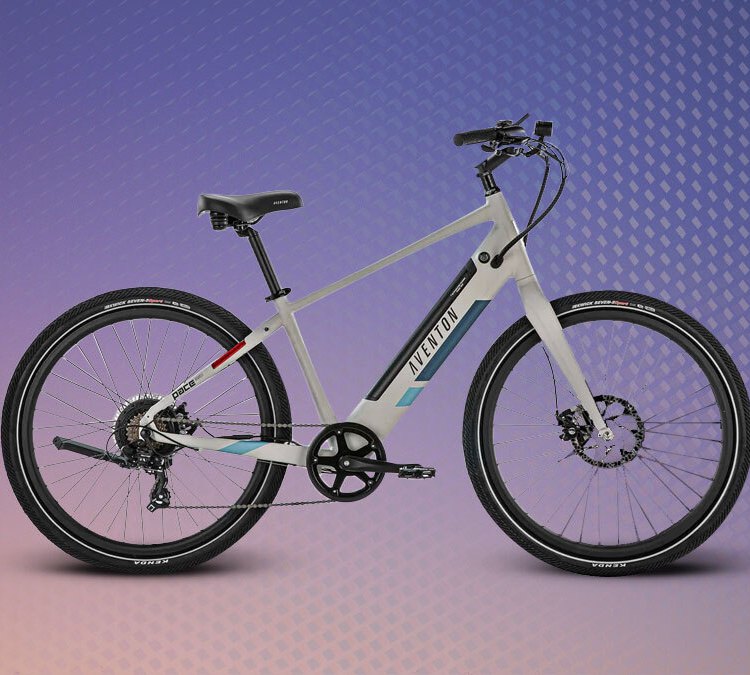In the war of alternative fuels, electricity is crushing hydrogen. Nearly every automaker has a plan to add battery electric vehicles into their lineup, if not go entirely EV, while plans for hydrogen fuel cell electric vehicles (FCEVs) are almost nonexistent. Yes, Toyota introduced the hydrogen-powered Mirai all the way back in 2015, but since then, fewer than 7,000 of the vehicles have been sold in the U.S. Meanwhile, the Honda Clarity was recently announced dead.
Fear not, hydrogen fans: another automaker has taken up the mantle. This week, Jaguar Land Rover announced it is developing a new hydrogen vehicle based on its iconic Defender model, and it’s not a pipe dream; the plan is for the FCEV concept to begin testing later this year.
“We know hydrogen has a role to play in the future powertrain mix across the whole transport industry, and alongside battery electric vehicles, it offers another zero tailpipe emission solution for the specific capabilities and requirements of Jaguar Land Rover’s world class line-up of vehicles,” said Ralph Clague, head of hydrogen and fuel cells for Jaguar Land Rover.
Those specific capabilities and requirements are similar to those cited by Daimler, the heavy truck giant, in its decision to invest in hydrogen-powered long-haul trucks, notably better range, faster refueling and greater resilience to extreme conditions compared to battery electric vehicles. When it comes to consumer SUVs like the Defender, there are other places where hydrogen tech could outdo pure electricity, such as towing, which has the potential to dramatically decrease range in EVs.
But it remains to be seen whether the biggest challenges facing hydrogen fuel cells can be overcome, like the lack of refueling infrastructure and, as The New York Times wrote, “an adequate supply of hydrogen produced in a way that does not cancel out the environmental benefits.”
Jaguar Land Rover has enlisted some partners to help in this endeavor, which is being called Project Zeus. As TechCrunch wrote, it’s “partially funded by the U.K. government-backed Advanced Propulsion Center” and “AVL, Delta Motorsport, Marelli Automotive Systems and the U.K. Battery Industrialization Center” will help with R&D.
From where we’re standing, we’ll gladly take a battery electric or a hydrogen fuel cell Defender, as long as it does what a Defender is supposed to do.
Thanks for reading InsideHook. Sign up for our daily newsletter and be in the know.

















